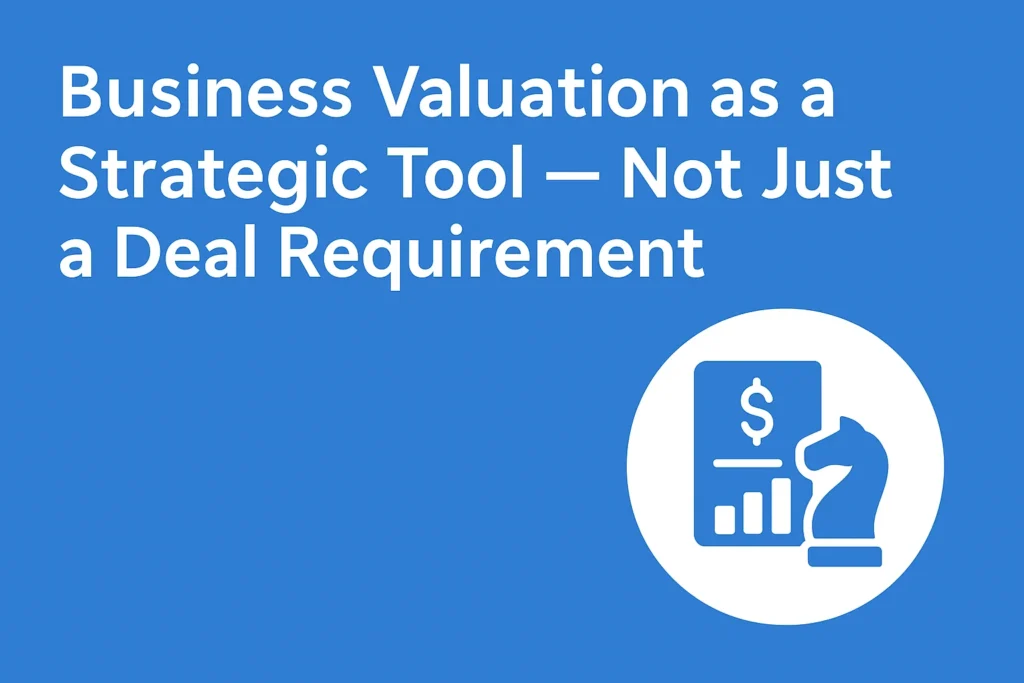In times of growth or uncertainty, how a company allocates capital can be the difference between compounding value — or wasting resources. Every dollar spent is a bet on the future. That’s why capital allocation and investment appraisal are at the heart of strategic finance. But most companies still make these decisions based on instinct or short-term priorities — rather than structured, data-informed frameworks. That’s changing fast.
Why Capital Allocation Deserves More Attention
For scaling businesses, capital allocation decisions include:
- Which markets to enter
- What products or features to fund
- How to balance capex vs opex
- When to invest in talent, automation, or infrastructure
- How to time acquisitions or expansions
Yet, many leaders lack a standardized approach to compare and prioritize these initiatives. That’s where finance can add immense value.
What Smart Investment Appraisal Looks Like
1
A Consistent Evaluation Framework
Use metrics like Net Present Value (NPV), Internal Rate of Return (IRR), and Payback Period to compare diverse projects.
2
Strategic Fit Scoring
Beyond financials, assess alignment to core competencies, market timing, or customer value.
3
Risk-Adjusted Scenarios
Evaluate upside and downside scenarios using sensitivity analysis — not just base-case optimism.
4
Post-Investment Tracking
Track actual performance vs. projections. A business case should evolve into a performance scorecard.
Why Offshore Teams Are Ideal Partners
Many companies don’t have internal resources to evaluate every initiative rigorously. Offshore analysts can:
- Build robust financial models for project evaluation
- Run scenario modeling across assumptions
- Prepare business cases for board/CFO approval
- Track investment performance with custom dashboards
At Valorega, we’ve supported everything from multi-million-dollar expansions to small but high-impact automation projects.
Capital Allocation Is Not Just for Big Companies
Startups and SMBs often think capital allocation is a “big company” practice. In reality, their decisions carry even higher stakes — with fewer buffers for failure.
Offshore strategic finance teams democratize access to investment analysis, helping businesses:
- Track impact over time
- Think like investors
- Make faster, smarter decisions
Final Thoughts
Capital is scarce. Opportunities are many. The companies that master capital allocation and investment appraisal — even at a small scale — consistently outperform.



